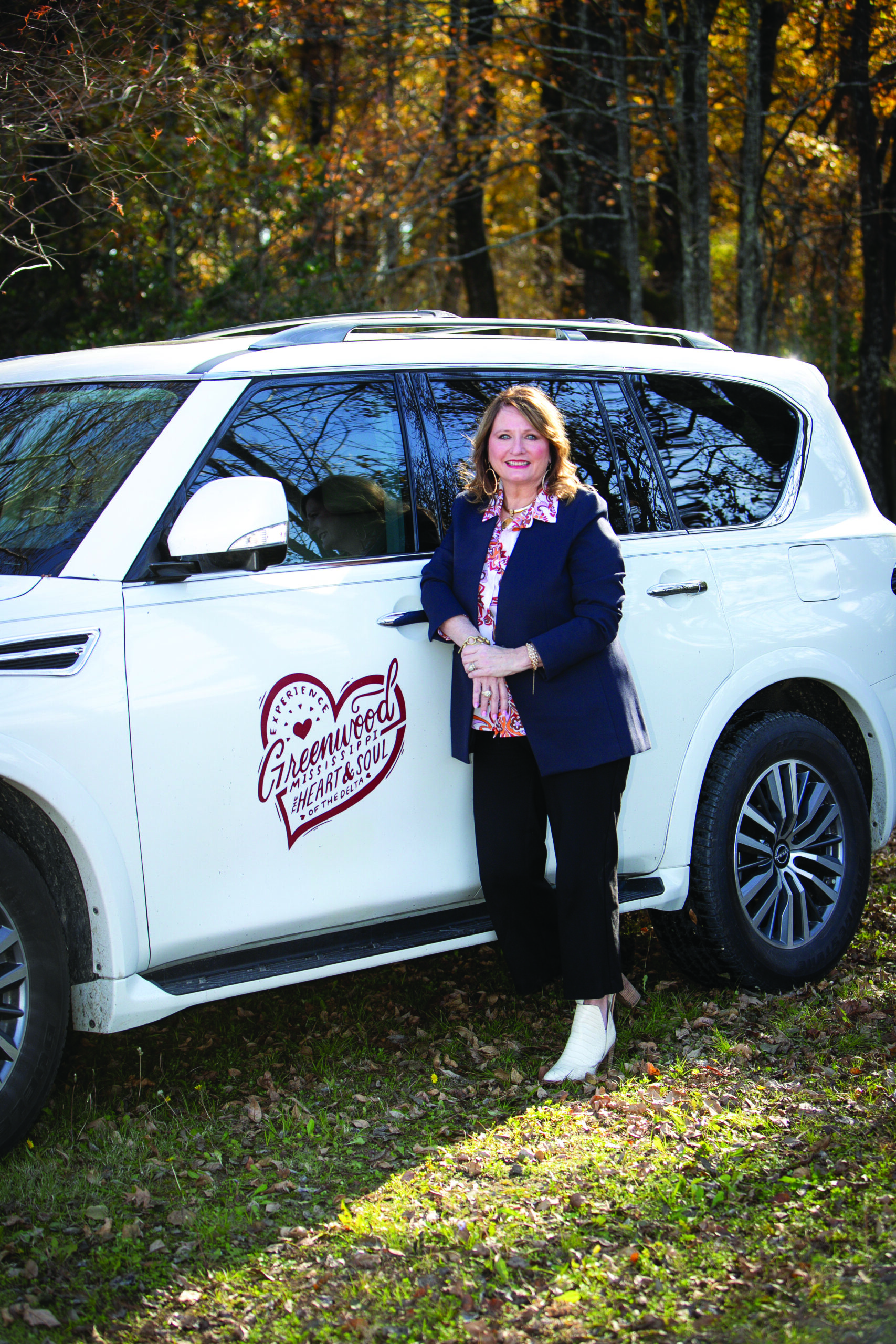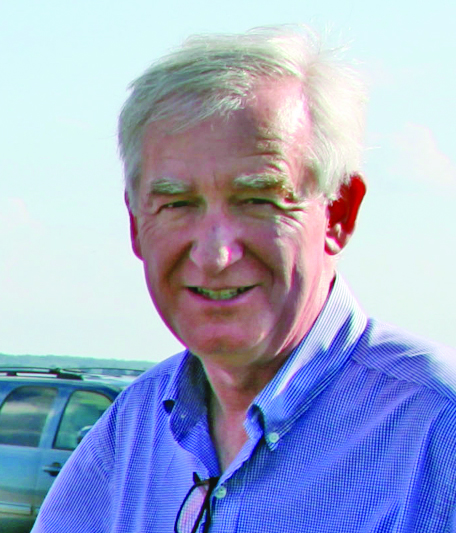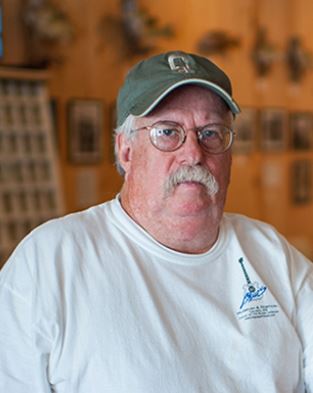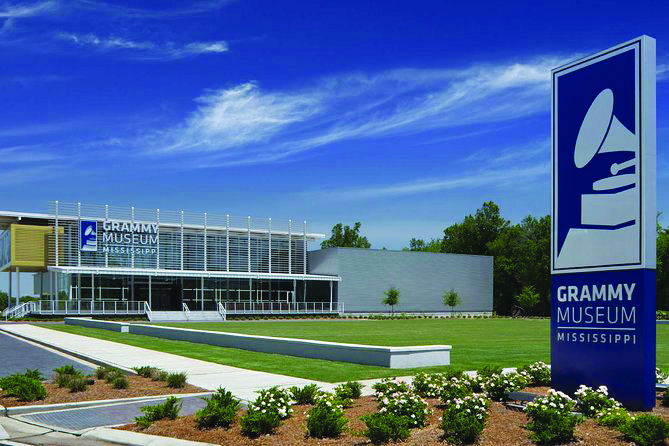Music Tourism Vital to Delta Culture and Economy

When Deltans see and meet people from around the U.S. and the world on a regular basis visiting the Birthplace of the Blues, it shows visitors care about the history and culture of the Mississippi Delta. That not only helps the economy, but community pride, says Roger Stolle, owner of Cat Head Blues & Folk Art in Clarksdale and co-founder of the highly popular Juke Joint Festival.
“Music tourism has multiple benefits,” says Stolle. “Part of it is simply boosting morale but it literally helps towns and cities by increasing sales tax revenues. It helps small businesses like restaurants, hotels, museums and retailers. I’ve had my store for twenty-three years. When I opened, I did a sticker, I Love Clarksdale. Tourists would buy it. Locals would chuckle. Then after a couple years, I ran out of them and local people came in to ask where they could get that sticker. There was a sea change in how people perceive our community.”
Another advantage he sees is that music tourism is a plus for the Crossroads Economic Development Partnership. Potential new business and industry prospects can be invited to a successful festival that showcases the area’s strengths.

Sean Johnson, Director of Tourism for Visit Cleveland, says visitors to the GRAMMY Museum Mississippi can also take in shows at the Ellis Theater and Delta State’s Bologna Performing Arts Center. With live music performances at different venues including local restaurants almost every night, music attracts visitors week after week.
“The GRAMMY Museum is a key attraction for Cleveland and the Delta,” says Johnson. “According to the latest cell-phone data, visitation to the museum continues to grow at more than forty percent per year bringing more than 25,000 tourists to Cleveland every year. Music is a winner for Cleveland because it not only draws people to our community, but it makes their stay here more interesting and enjoyable, often drawing them back for multiple visits.”
Cleveland Music Ambassador Tricia Walker is in charge of the Deep Roots program, a local initiative to provide live, local music five nights a week. Roots music includes blues, country, soul, gospel, folk and Cajun.

“You can’t have a GRAMMY Museum in your hometown and not have live music going on,” says Walker. “When we started Deep Roots four years ago, some of the local marketing language around live music in Cleveland was sporadic, and we wanted to help develop some consistency. This effort is to provide consistent local, live music because the Delta is the home of the blues, the deepest roots of all for American music. When tourists come, they may spend extra nights enjoying local music. Music makes everything better. It just provides a better quality of life.”
Greenwood is another Delta town with a big draw for music tourism. Greenwood Convention and Visitors Bureau Executive Director Ashley Farmer said the Museum of the Mississippi Delta will be hosting a couple of live band performances for Thacker Mountain Radio this summer. This will be kicking off the museum’s American Guitar exhibit, American history shown through the lens of forty guitars that will be on display including ones previously owned by Robert Johnson and Keith Urban.
An upcoming concert features Chapel Hart out of Poplarville, a country music group that has been capturing national attention. The Alluvian Hotel draws many people with its 5:00 p.m. to 7:30 p.m. music happy hour in the hotel’s lobby.

Farmer said musical performances bring people into Greenwood to eat, drink and shop before and after concerts. “Sometimes there are several events going at once,” she said. Events are listed on the website visitgreenwood.com.
Allan Hammons, Hammons and Associates, says there is no doubt that music tourism is effective for the entire region because there are so many stories and artists from the Mississippi who affected all of modern music.
“Mississippi can rightfully claim to be the birthplace of blues, country and rock and roll music,” says Hammons. “Charley Patton is considered the founder of Delta Blues, Meridian’s Jimmie Rodgers is “the man who started it all” for country music and Jackie Brenston’s ‘Rocket 88,’ considered the first Rock ‘n’ Roll recording, was actually recorded by Clarksdale native Ike Turner’s Kings of Rhythm band.”
And two songs on Led Zeppelin’s first album were Robert Johnson songs.

“Led Zeppelin’s lead singer Robert Plant said that Robert Johnson was the reason Plant became a professional musician,” says Hammons. “There would be no ‘Stairway to Heaven’ without Robert Johnson. I should point out that Robert Plant paid the local matching share for a Blues Trail marker about W.C. Handy for the town of Tutwiler.”
Hammons says in addition to the B.B. King Museum and the GRAMMY Museum Mississippi, the Blues Trail and the Country Music Trail have been remarkably successful.
“If you look at social media, you’ll see lots of people traveling the trails,” says Hammons. “It brings people in from other states and nations to visit. The markers honor Mississippi’s musical icons, many of whom were Black, who created something that changed the world. Music is a universal language. When people hear a great song, it’s accepted by all. I don’t care where you are. If the song is good, it connects with people. Music is the soundtrack of our lives.”
Indianola is another community that benefits from music tourism. The B.B. King Museum brings people from all over. Periodically they have music festivals at the B.B. King Museum. Club Ebony, a famous club from the Chitlin Circuit days where B.B. King played annually, is another great asset for Indianola. Indianola also has the Blue Biscuit, which offers great food and is the only main music venue in the town that’s open seven days a week.

Billy Johnson has been involved in tourism in Leland for decades and in March 2002 he opened the Highway 61 Blues Museum.
“We’ve had music tourists from 77 different countries and all 50 states,” says Johnson. “Music tourism is a big help. It lets people know about the cultural heritage of our area. The Our Town and Beyond Museum that opened three years ago tells the history of Leland being a railroad town with some of the biggest sawmills in the South when they were clearing the Delta. It went from being a railroad town to a timber town to a cotton town, and now it is a cultural heritage town. Our Town and Beyond Museum shows the evolution of our area and the part that the musicians have had in that evolution.”
Visitors often think that blues music came from cotton plantations. However, Johnson said it started earlier when labor was brought in to build a railroad across the Delta to export lumber and when the Mississippi River levees were built. After the lumber was harvested, farmers bought the tracks of land for planting cotton.
“By the time the blues was discovered, it was on the cotton farms but it originated from the timber, railroad and levee work,” says Johnson. “The Our Town and Beyond Museum brings it into context where the music came from. Levee towns were an important part of the income for blues artists.”
Johnson says while many visitors come for music tourism, they also want to know about hot tamales, fried chicken, and the whole culture of the Mississippi Delta.
“Why did so many international blues artists come from such a small area?” asks Johnson. “That is the magic of the Mississippi Delta. The Delta is looked at as a farm/ag area but the body of work the blues artists created and the songs they wrote, is the largest economic crop the Delta has ever produced.”

Wesley Smith, Executive Director of the Washington County Convention and Visitors Bureau (CVB) in Greenville, says music is also a big part of the area’s tourism product and brings visitors from around the world.
“The Mississippi Delta Blues & Heritage Festival is the oldest continuously running blues festival in the United States,” says Smith. “The Highway 61 Blues Museum in Leland is devoted to the blues men and women of the central Delta and has welcomed music travelers for many years now. Leland has the Highway 61 Blues Festival and Hollandale has the Sam Chatmon Blues Festival. Of course, our other events themed around something else like the Delta Hot Tamale Festival have an important music element. With eleven markers on the Mississippi Blues Trails, we see quite a few tourists traveling the Blues Trail.”
Viking Cruises contacted the CVB in 2023 and asked to have a show created in Greenville that highlights the music, culinary traditions and history of the Delta.
“Mississippi’s Music and Cultural Ambassador Steve Azar and his band are the main event and the show has also featured great music artists like Terry ‘Harmonica’ Bean, Eden Brent and Alphonso Sanders,” says Smith. “The passengers dine on a four-course meal highlighted by Delta hot tamales and fried catfish while enjoying our stellar area musicians. Close to 400 passengers attend each event and it is Vikings’ highest passenger rated stop on the Mississippi River.”

